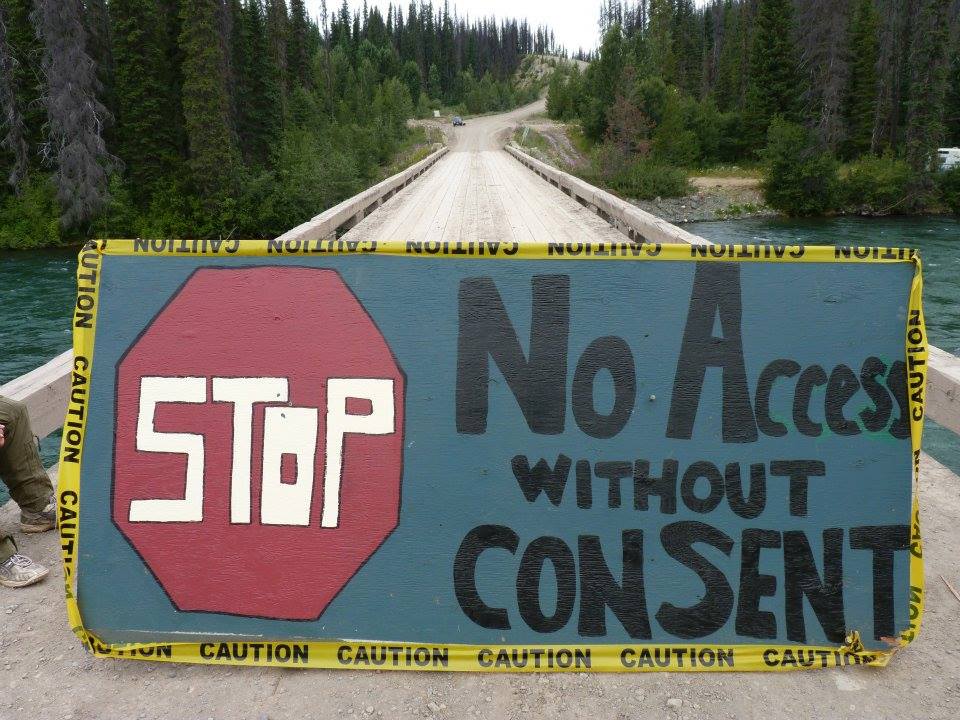I gave an interview about my time at the Unist’ot’en Camp to Patrick Farnsworth for his podcast “Last Born in the Wilderness” a few days after the Royal Canadian Mounted Police forced their way onto Wet’sewut’en territory on January 7, 2019. The RCMP was clearing the way for the Coastal GasLink pipeline. Patrick described the interview:
“In this episode, I speak with writer, lawyer, and environmental activist Will Falk. In 2014 and 2015, Will spent a great deal of time at the Unist’ot’en Camp, part of the Wet’suwet’en Nation (in so-called British Columbia). We place Will’s activism and insights about his time at the Camp within the broader context of what is currently unfolding there. The Royal Canadian Mounted Police (RCMP), on January 7th, breached the borders of Wet’suwet’en territory, violating Canadian and International law, as well as the sovereignty of the unceded territory of the Wet’suwet’en Nation.
In this discussion, we get into the specific reasons behind the breach of the Wet’suwet’en Nation’s borders by the RCMP on January 7th, leading to the arrest of 14 defenders of the territory. The proposed construction of a massive $4.7 billion Coastal GasLink pipeline through Wet’suwet’en territory has been in the works for almost a decade, and finally, after years of harassment by numerous parties, including the Canadian government, the RCMP broke through the barracaded border of the Wet’suwet’en territory.* How can we (speaking as settlers in North America) begin to understand what this struggle for indigenous autonomy means, especially within the broader struggle to upend white supremacy and colonial expansion in the modern era? In being able to preserve, maintain, and defend space for human and non-human life against the tide of colonial expansion, the continued autonomy of the Unist’ot’en Camp and the Wet’suwet’en Nation is key in our collective attempt to reclaim, heal, and live on the lands that have been violated in the name of human progress, civilization, and maintenance of the status quo.
It must be stated that Will is not a member of the Wet’suwet’en Nation, nor a spokesperson for the Unist’ot’en Camp. He speaks as someone who has spent a significant amount of time at the Camp and has developed a deep respect and love for the Wet’suwet’en people, the Unist’ot’en Camp, and the beautiful space they hold in their struggle against the state of Canada and the fossil fuel industry.”
